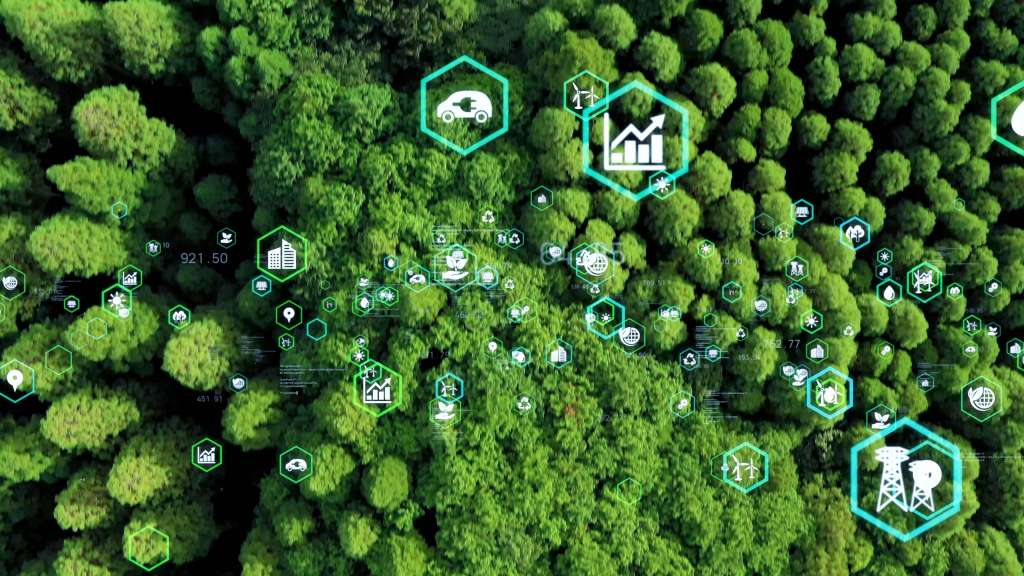Walmart Seeks More Sustainability Action from Suppliers



Summary: Walmart, a company with 10,000 stores, is getting its suppliers and their initiatives rated by certification agencies. The corporation is rewarding suppliers opting for Walmart sustainability programs with low-cost financial and early invoicing options, among others, to ensure its climate action goals are met.
We are living in a world of fast food and fast fashion. With the advent of eCommerce retail, hyper-connected customers have become more demanding looking for fast shipments, preferably same-day delivery. To feed this fast chain of product consumption, manufacturers and retailers adopt the quickest way to produce and deliver a cheap product. Unfortunately, the strategy to sell fast-moving consumer durables often comes at the cost of sustainable practices.
Walmart, a 500 USD billion global retail giant with more than 10,000 stores worldwide, decided to become sustainable in 2005. But Walmart sustainability is not just about taking measures to ensure the products, packaging, and processes of manufacturing are sustainable. It is about roping in suppliers in a shared endeavor and making it impactful.
Understanding the green goals of Walmart
A global supply chain will have a massive carbon footprint. Here are some of Walmart’s sustainability initiatives to become climate-neutral.
- Project Gigaton is an ambitious undertaking to cut 1 billion metric tons of carbon emissions by 2030.
- Walmart’s sustainability measure includes diverting product waste from landfills to recycling centers for sustainable production.
- It plans to be a zero-emissions company globally by 2040 without carbon offsets.
- The company is aiming for zero waste and 50 percent renewables in countries such as the UK and the US by 2025.
- It is investing in green energy sources and is planning to become a 100% renewable-powered regenerative company.
How Walmart is pushing for Sustainability by Incentivizing Suppliers

There are two issues with sustainable practices. First, the options that can cater to the large-scale global supply chain are few and far between. Second, the cost at which they come is not necessarily competitive. Sustainability has therefore been largely associated with slow fashion, luxury products such as cars, and customized deliveries, where the cost of incorporating such technology is subsumed by customers with disposable income.
With a retail giant like Walmart, the opposite is true. Their customers look for the best deals, which often means products with slim margins that rely on the economics of scale for profitability. When most companies were looking at user-friendly innovations to go green, Walmart’s sustainability program was designed to be supplier-oriented. Here is how they are pushing their 100,000-strong supplier network to adopt sustainable and zero-waste practices.
1. Setting Emission Reduction Target in Six Areas
Walmart has outlined six key areas where it wants its suppliers and business associates to reduce emissions. Suppliers signing up for Walmart’s sustainability efforts will have to go green in one or more of these areas: Energy consumption, impact on nature, waste disposal, product packaging, product use, and transportation.
2. Conditional Early Payment on Invoices
As a part of Walmart’s sustainability measures, the corporation introduced a supply-chain finance program for its suppliers. Its business associates have to meet sustainability metrics while doing business. In return, Walmart offered early payment on their invoices at very low financing rates.
3. Science-backed Metrics for Evaluation of Sustainability Measures

Walmart’s sustainability programs of its suppliers are validated by CDP, an environmental-reporting organization. It specializes in scoring a company’s progress against its environmental goals.
4. Financing Terms for Disclosure of Sustainable Practices
Suppliers opting for Walmart’s sustainability programs often need money to scale up operations while making their processes and products climate-neutral. Walmart introduces its suppliers, whose climate-change scores are validated for sustainable initiatives, to the best financing terms with its partner banks.
5. Rewarding Low-cost Innovations
Walmart’s sustainability project ranks up suppliers for low-cost innovations in sustainable supply chain operations. Those who do it without altering product pricing are incentivized with better scores and deals.
6. Third-party accreditation for sustainable products
The company is getting popular products such as coffee certified as sustainable by third-party accreditation. Suppliers opting for Walmart’s sustainability initiatives will have to get these products checked for environment-friendly certification before delivering them to the company outlets.
Supplier-Side Impact of Walmart’s Sustainability Drive
Where there is a will there's a way. This maxim stands true for Walmart. With a strategy directed at getting suppliers to switch to sustainable products and processes, the company is already making a change, one sale at a time. According to reports, more than 3,000 suppliers have signed on to Project Gigaton with 400 million metric tons of CO2 avoided over the last 5 years. The company also asked its suppliers to reduce the size of their packaging. Smaller packages meant fewer trucks for shipments. The company ended up saving $3.5m on its transportation costs. According to reports, 3 out of 10 Walmart stores have switched to renewable sources of energy.

Key takeaways
- Walmart chose to focus on incentivizing its suppliers to become sustainable. This is because the global supply chain of the company that powers its 10,000-plus stores is responsible for 95% of the emissions.
- The company is getting its suppliers’ products and processes certified by agencies adept in climate-change programs. It is also giving financial incentives to suppliers in the settlement of invoices and low-cost financing for taking sustainable measures.
If you are looking to partner with eco-friendly suppliers, Fashinza can assist you with zero-waste and green manufacturing companies.
Connect with us at Fashinza for climate-neutral procurement and production requirements.



















